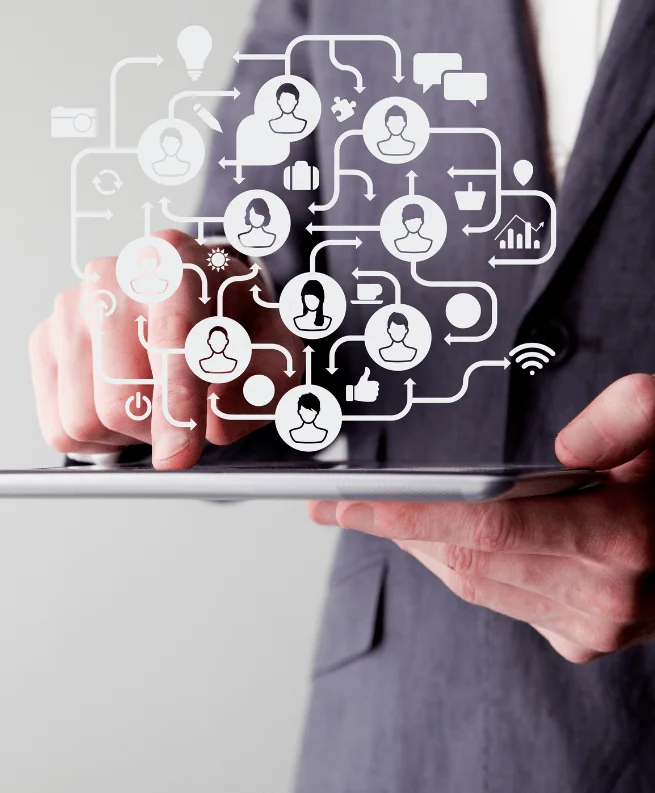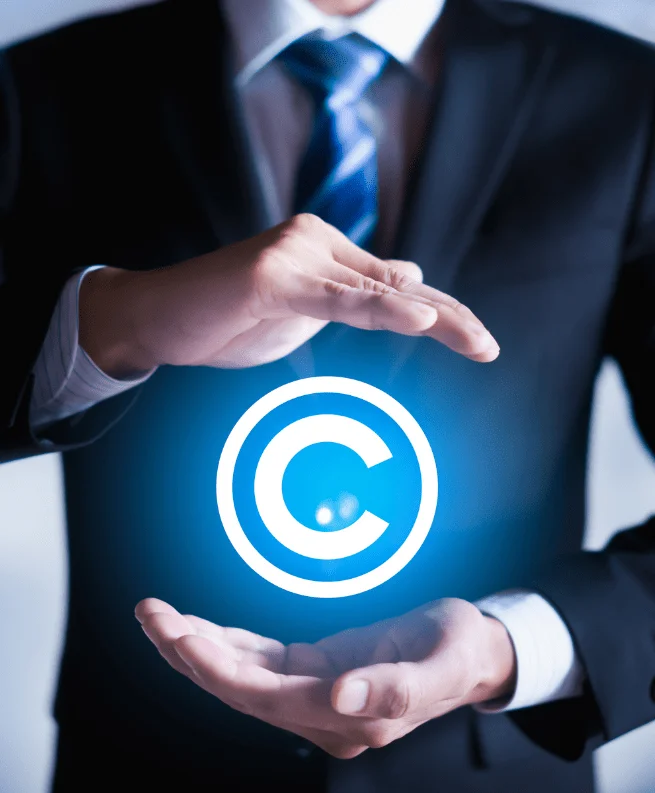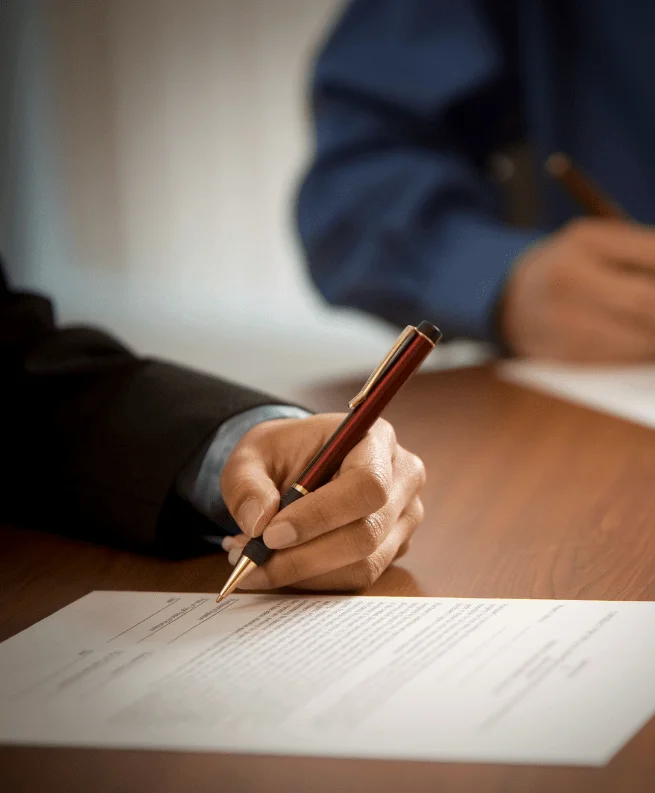
It is possible to envision a future in which manual customs processes are replaced by artificial intelligence. This utopian future is fully attainable. Why? The answer is simple. The first point we are going to analyze is the amount of data and information handled at customs ports and how AI could facilitate processes, logistics and international trade operations. Another important point is that, within process management, human errors are very common and present, slowing down the growth of companies.
Let's understand one thing: companies that stay ahead of their competition by implementing technology achieve operational versatility and minimize costs in processes that are currently repetitive or require a considerable investment of time. In a globalized world, companies require and need processes that minimize the loss of money.
It is necessary to talk about automation and algorithms, as these can facilitate processes when analyzing large amounts of data. AI is managed through machine learning algorithms and allows problems to be found early and enables companies to correct them before they become a major problem.

On the other hand, manual tasks such as document verification or certification can be automated through AI. These algorithms are connected to the Internet, just as ChatGPT works. Countries such as Mexico are already using facial and pattern recognition systems that facilitate the identification and verification of people and goods. In Spain and the Dominican Republic, artificial intelligence has contributed to the efficiency of customs controls, speeding up clearance processes and reducing waiting times. These countries provide examples of computerized customs systems. What do they have in common? All three manage and make use of artificial intelligence (AI), as well as devices with sensors that are connected and exchange data with others through the internet (IoT) and blockchain.

Ecuador and the long road to the DISRUPTIVE
Expanding this vision would represent a great step forward in our country. Models such as Mexico's exemplify that it is possible to comply with foreign trade regulations, especially with the help of AI to analyze and identify data, laws and legal requirements of each country, which is fundamental for regulatory compliance. The implementation of systems that allow us to be more efficient in customs processes would mean a reduction in operating costs. Moving towards a logistics metaverse where the shipment of goods can be visualized in real time is a reality.
Here you will find companies with intelligent systems
https://ultra.global/trade/?gad_source=1&gclid=Cj0KCQjwgJyyBhCGARIsAK8LVLO2d7LJ1YTYzAj uJVZW9CRU3buy5zeBaCSHyIVbJFLoKL2BI3NxsUaAnGhEALw_wcB
https://webbfontaine.com/es/soluciones-aduaneras/
Contact us:
- E-mail: lartieda@iurenovum.com
- Phone: +593 98 302 1430
- WhatsApp: https://wa.link/plsush
- LinkedIn: https://www.linkedin.com/in/lisseth-carolaine-artieda-moreno-b9519223a/











